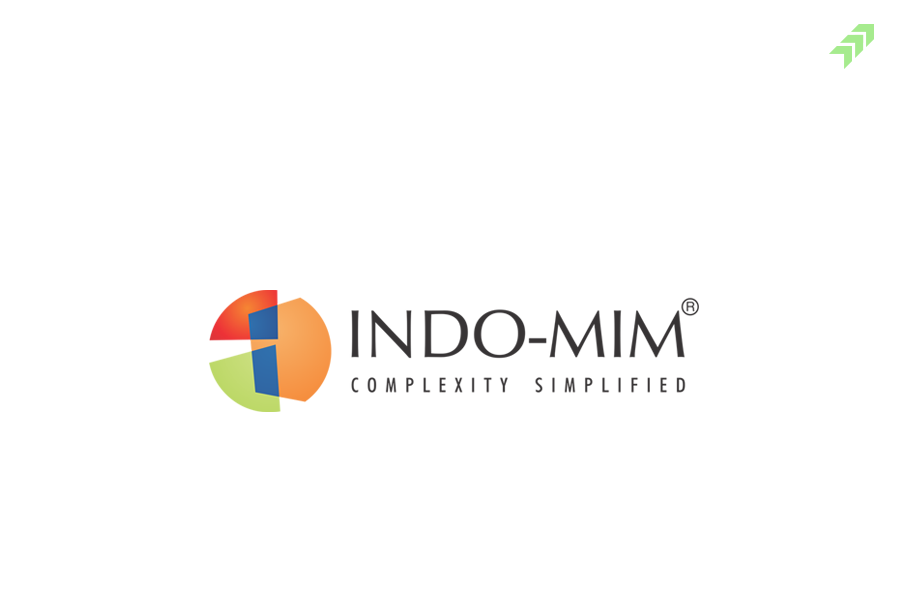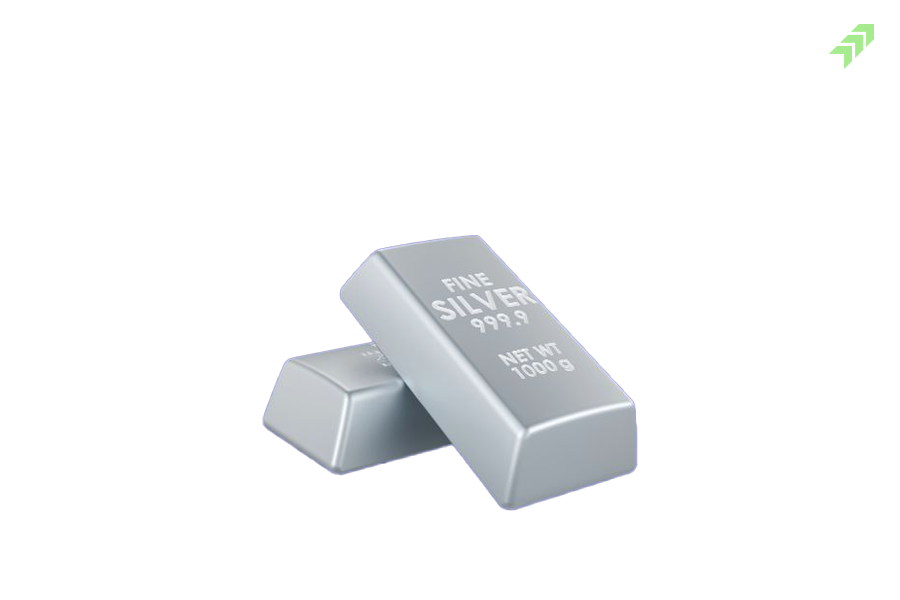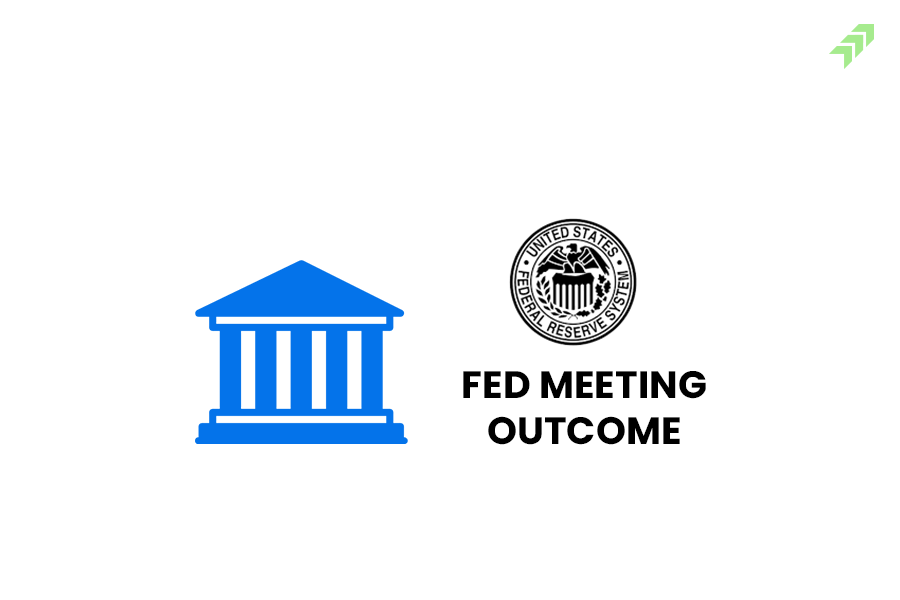Fixed income securities
A fixed income is a debt security that pays fixed-interest income on the principal invested at maturity, which is typically correlated to the borrower’s creditworthiness and the prevailing interest rate. Bonds are the most commonly used type of fixed-income security. A bond is an investment product issued by corporations, supranational organisations, and governments to raise funds for a variety of purposes, such as day-to-day operations funding, project funding, social welfare, and so on. Securities ratings can change over time due to a variety of micro and macroeconomic factors. Inflation risk can arise if prices rise faster than the fixed-income security’s interest rate. If interest rates rise faster than the yield on a fixed-income security, investors lose money if they hold the lower-yielding security.
Fixed deposits
It is an investment product known as fixed deposit generally offered by banks and non-banking financial companies (NBFCs) to their customers in order to help them save money. You can invest a large sum of money in an FD at a fixed or floating rate for a set period of time. FD terms typically range from seven days to ten years, though some banks provide longer terms.
Futures
Futures are exchange-traded derivative contracts with standardised contract specifications. A futures contract is an agreement between two participants to buy or sell the underlying asset at a pre-determined price on a specific date. A stock, index, currency, or commodity can serve as the underlying asset. The contract is directly executed via a regulated and organized exchange and the parties of the futures contract are obligated to carry out the terms of the agreement. Futures are primarily used to hedge commodity price volatility or to profit from price movements, as opposed to buying or selling the actual cash commodity, as is done with stocks. Every day, the value of future contracts is marked to market. That is, the contract value is adjusted based on market movements until the expiration date.
Forwards
Forwards are similar to futures contracts in that the holder is obligated to perform the contract. Forward contracts are legally binding contracts between two parties to buy or sell an asset at a specific price and a specified date. They can be tailored to the specific needs of two parties and are hence not traded on exchange. They are traded over-the-counter between two parties, so no initial margin is required. In the absence of a regulated trading platform, it is more difficult to find two parties willing to enter into a contract
Float
The shares issues by company which are available for trade by the investors are known as float. The float is calculated by deducting restricted shares from the total number of outstanding shares. Higher float results in stability and less volatility in stock price.
FPO
A follow-on public is typically a lengthy procedure. The company must issue a new prospectus, which must then be filed with the SEBI. A FPO occurs when an already publicly traded company issues additional shares to the public. FPO is commonly used to raise additional capital for funding new projects or to pay off existing debt.
Fund of Funds (FOF)
These are funds that invest in units of the same mutual fund or different mutual funds. The risk in this fund is well-diversified as they invest across many mutual funds containing thousands of securities of different sectors. The objective of investing in schemes is defined in the offer document of the mutual fund. FOF has a higher expense ratio and results in the possibility of portfolio duplication.
Fixed deposits
It is an investment product, also known as an FD that is generally offered to customers by banks and non-banking financial corporation’s (NBFCs) in order to help them save money. For various time periods, FDs offer a higher rate of return than standard savings account interest. The interest rate on an FD is determined by several factors, including seniority, the corporation issuing the FD certificate, time horizon, the market interest rate, etc. FD terms are typically seven days to ten years, though some banks offer longer terms. It is possible for a saver to use an FD as collateral and obtain a loan against it; the loan amount can range between 90% and 95% of the FD amount. In general, the minimum investment for this type of term deposit is Rs.1, 000. This amount, however, varies from bank to bank.
Types of FD
- Regular FD
- Senior citizen
- Corporate FD
- Tax saving FD
- NRE, NRO, NRI FD
- FCNR FD
Open FREE Demat Account in less than 10 minutes
20
Get Instant Pledge Benefits* + Zero Delivery Brokerage* to maximize your returns
10
Per order only (No hidden charges)


















